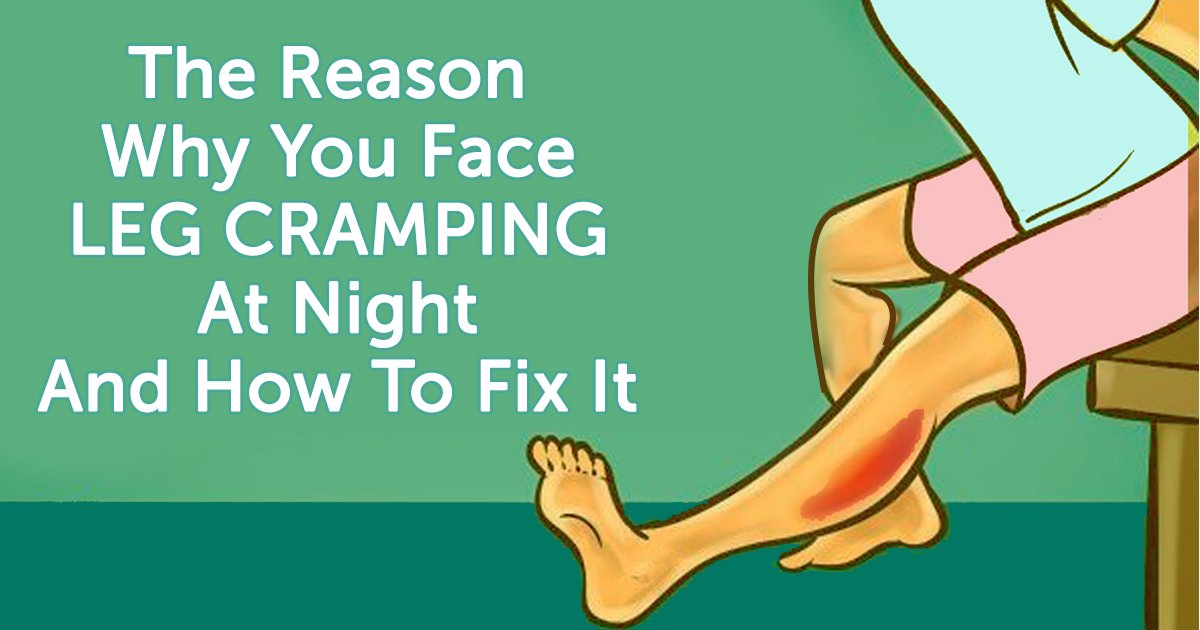A cramp is a painful involuntary muscle contraction. Many people suffer from Nocturnal leg cramps or more commonly called leg cramps at night. They may be recurring or a one-time thing. People have recounted the pain usually being so sharp that it wakes them up from sleep. The cramps could be felt in thighs, feet or calf.
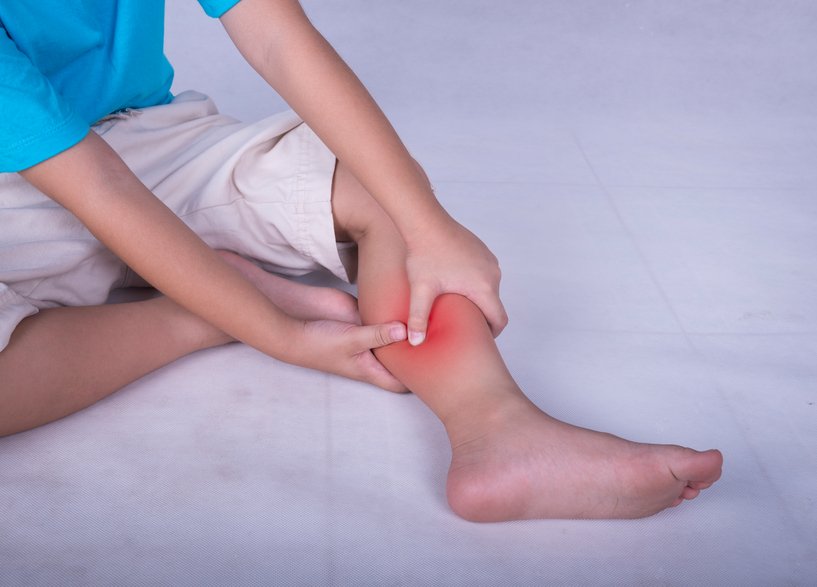
Image credits: Shutterstock
They usually occur at the beginning of your first sleep cycle or right before the end of your last sleep cycle. The pain is sharp and can last up to a few minutes and even after it goes away, the muscle can feel tense, tight and sensitive to touch.

Image credits: Shutterstock
Leg cramps are often confused with restless leg syndrome as both of them tend to occur at night. While it provides temporary relief to move your legs while restless leg syndrome, moving your legs during a leg cramp can alleviate the pain. The definite reason that causes leg cramps has yet to be found, however, a number of factors have been known to cause them.
1. Pregnancy
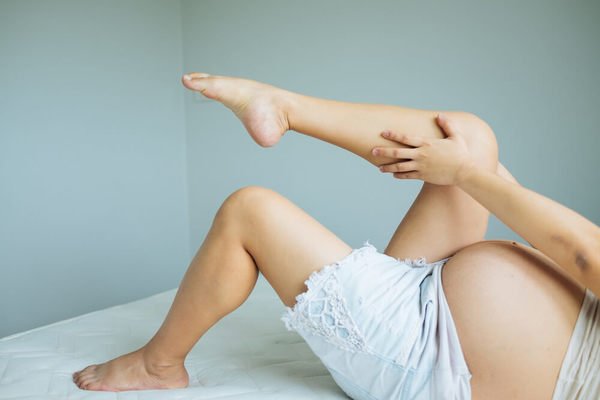
Image credits: Shutterstock
Leg cramps at night are quite common in pregnant ladies. They usually occur in the second and third trimester. While the exact reason remains unknown they may be caused due to fatigue from carrying all the extra baby weight. Another reason could be the excess intake of phosphorus and lack of magnesium or calcium in the diet. Pregnancy hormones which cause all the other pains and aches may play a part too.
2. Dehydration or Electrolyte Imbalance
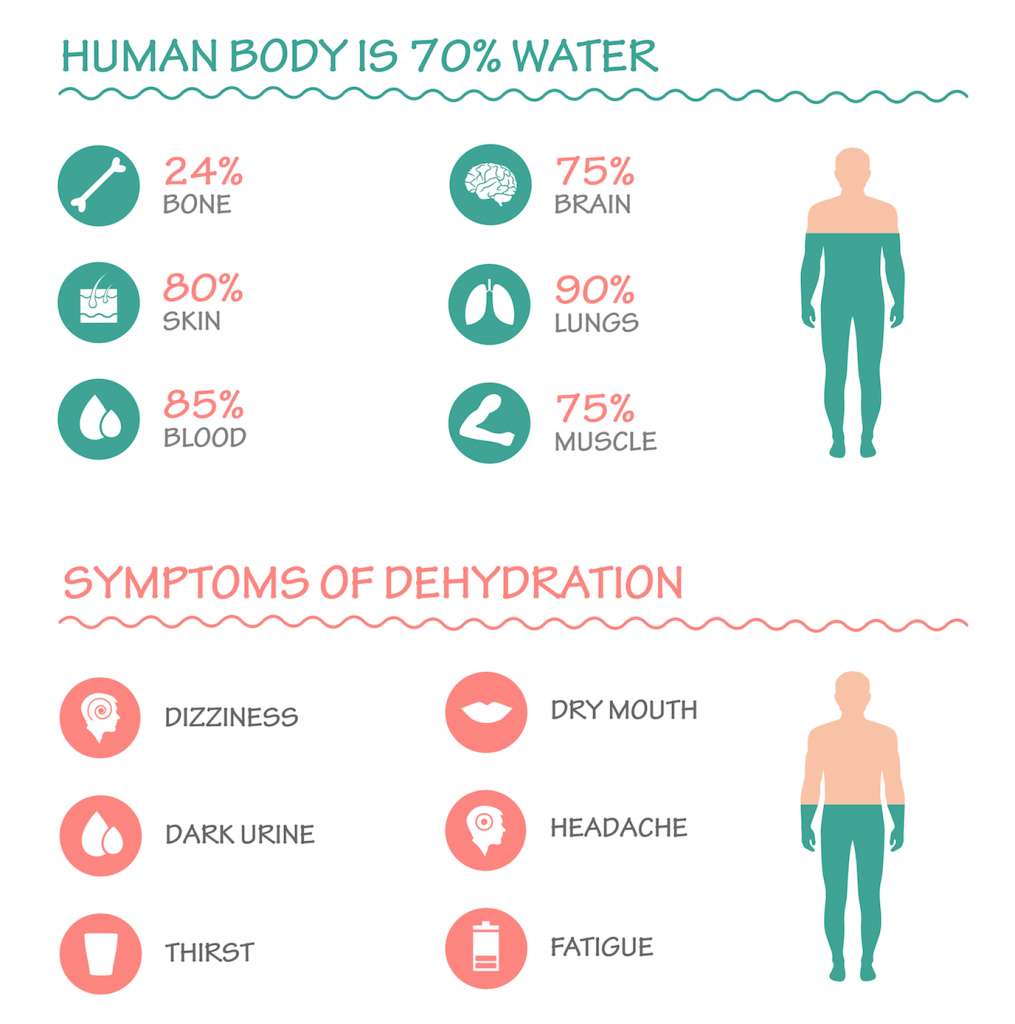
Image credits: Shutterstock
If your body loses more fluid through sweat or urine than you take in, it can cause dehydration. When the sensitive osmotic balance of your body is disturbed, it affects the balance of minerals in your body. Moreover, blood flow to muscles is considerably reduced due to dehydration, which may cause them to cramp up.
3. Magnesium Deficiency

Image credits: Shutterstock
Leg cramps at night could be a symptom of magnesium deficiency caused by a lack of intake of foods containing magnesium. As most magnesium is stored in the muscles leg cramps, twitches, muscle tension are all signs of its deficiency.
4. Kidney Disease
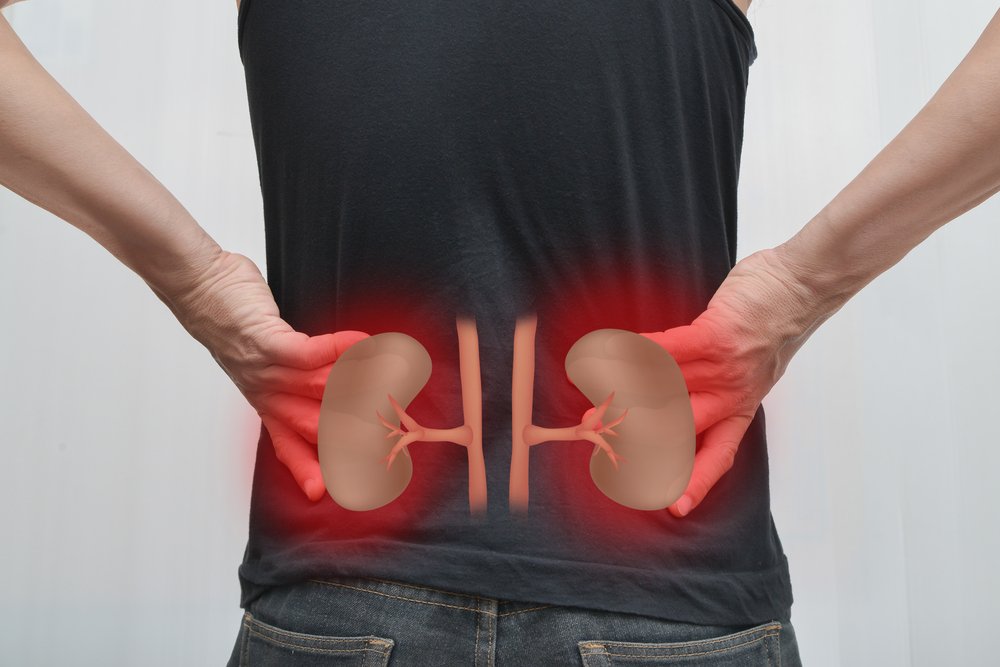
Image credits: Shutterstock
Among other things, muscle cramps are common in people suffering from kidney disease. They are thought to be caused mainly due to imbalances in fluid or electrolytes, nerve damage or blood flow problems, which are all prompted by the improper functioning of the kidneys.
5. Muscle Fatigue
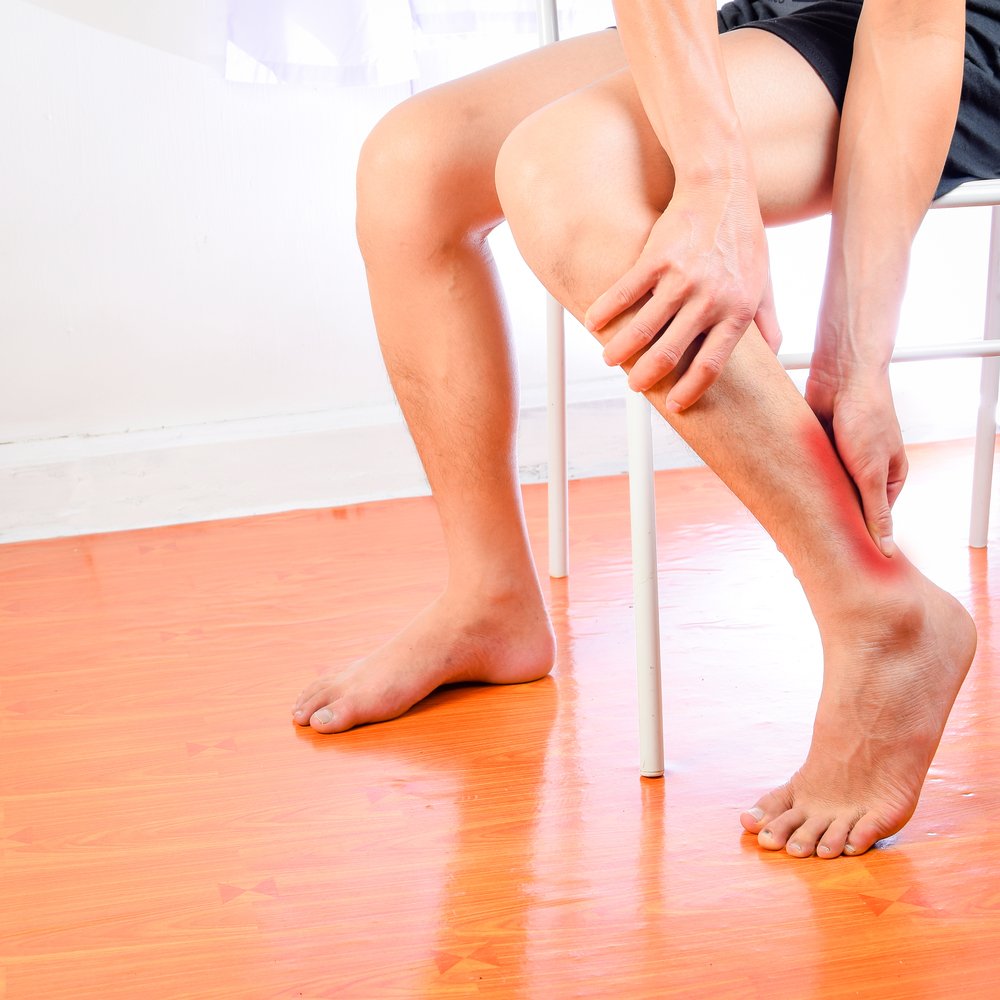
Image credits: Shutterstock
Another reason for muscle cramps could be overworking of muscles. It can be brought on by intensive exercise, any physical activity your body is not unaccustomed to. Muscles can also fatigue from lying or sitting down in an awkward position for extended period of time. Older people can get cramps during any rigorous or intense physical activity.
Nocturnal cramps are a nuisance and are disruptive of sleep. Although there is no particular treatment for them as they may be caused due to a number of reasons, there are some precautions and steps that can be taken to ease the pain if you get one or to prevent getting them at all.
These 16 Extreme Images Will Show Which Body Muscle You’re Stressing
Stretching Calf muscles

Image credits: Shutterstock
Stretching your calf muscles or the entire body in general before going to sleep might help prevent cramps while asleep. To make sure all the leg muscles are stretched carefully stand at an arm’s length away from a wall. Place both your hands on the wall in front you for support and move your right foot behind your left one. Then slowly, bend your left leg forward while keeping your right knee at the angle 180 and your right heel facing the wall. Hold this position for thirty seconds. Keep in mind to keep your back straight. Do not point your toes or rotate your feet in any direction. Switch legs and repeat the procedure.
Stay active
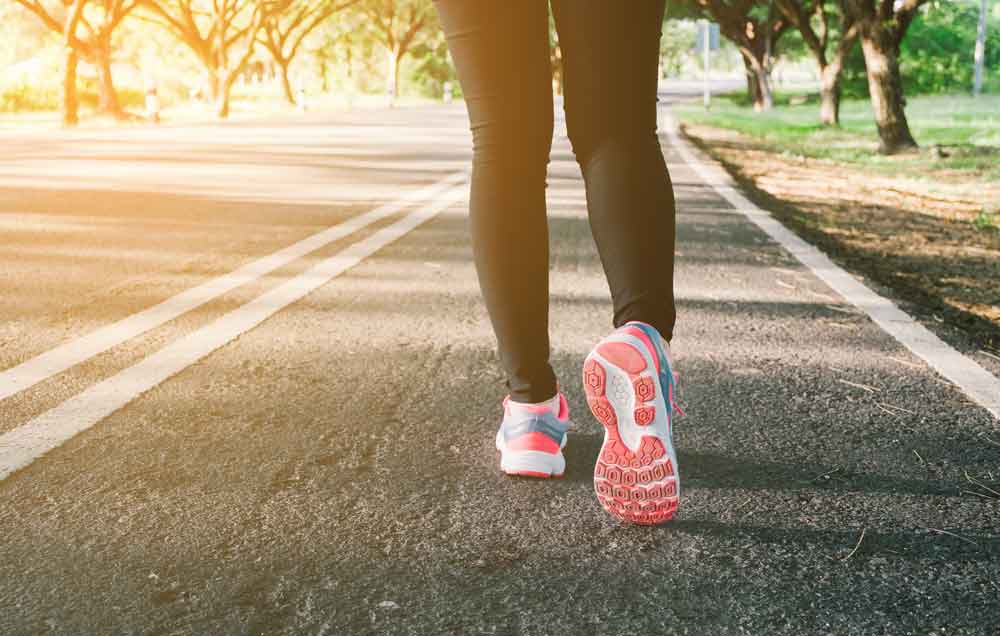
Image credits: Shutterstock
People who regularly exercise are less prone to leg cramps at night than people who do not. Working out helps strengthen your muscles and is good for general health. However, do consult with your physician before beginning a new exercise regime.
Intake more Magnesium

Image credits: depositphotos
Magnesium deficiency could be one of the factors causing cramps hence taking in more magnesium will help solve the problem. Try incorporating foods rich in magnesium in your diets, such as beans, dried fruits, nuts and seeds. You can also take a magnesium supplement orally after consulting your healthcare provider.
Stay hydrated

Image credits: Shutterstock
Staying hydrated and maintaining the electrolyte balance in your body can decrease the likelihood of nocturnal cramps. A simple test for whether you are intaking enough fluid is the colour of your urine. If it is clear or slightly yellow in colour, you are good to go but anything darker means you are dehydrated.
Proper footwear

Image credits: Shutterstock
When buying a new pair of shoes keep comfort in mind and also invest in a good pair of trainers. Wearing comfortable shoes will help improve your posture and put less strain on your leg muscles which might prevent night cramps due to fatigue.

Image credits: Shutterstock
However, if a leg cramp does strike, to ease the pain stretch the calf muscles on the affected side. Walk around a little and gently massage the affected area with your hands. Leg cramps at night are the culprits that ruin the sleep of many. These simple steps for prevention will ensure you do not disturb your peaceful sleep.
Article by BornRealist
